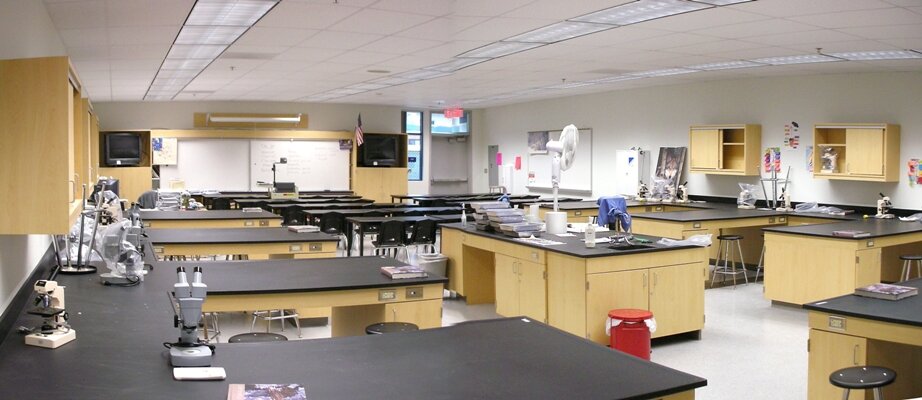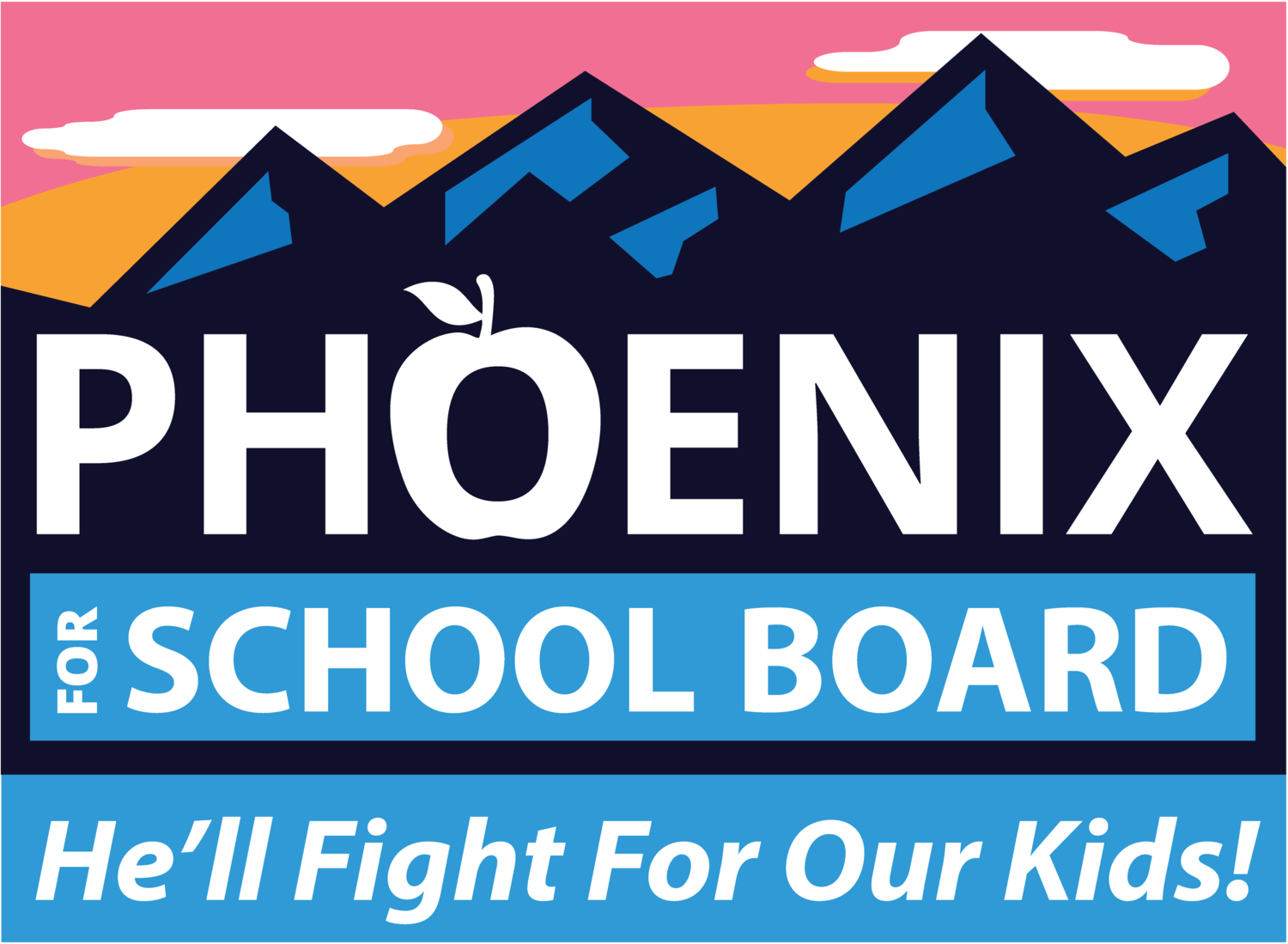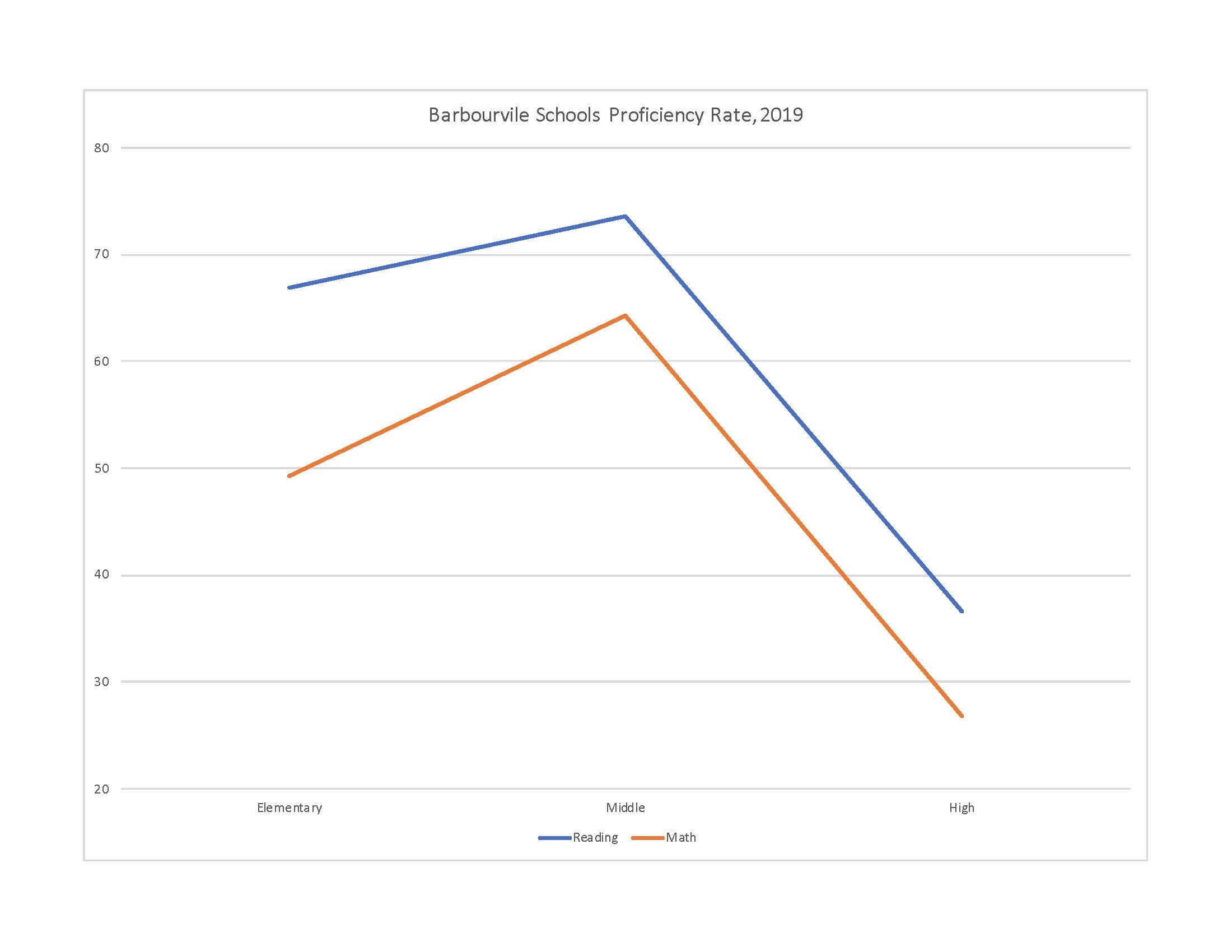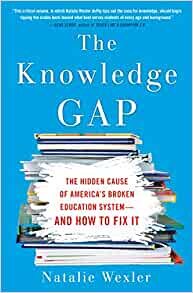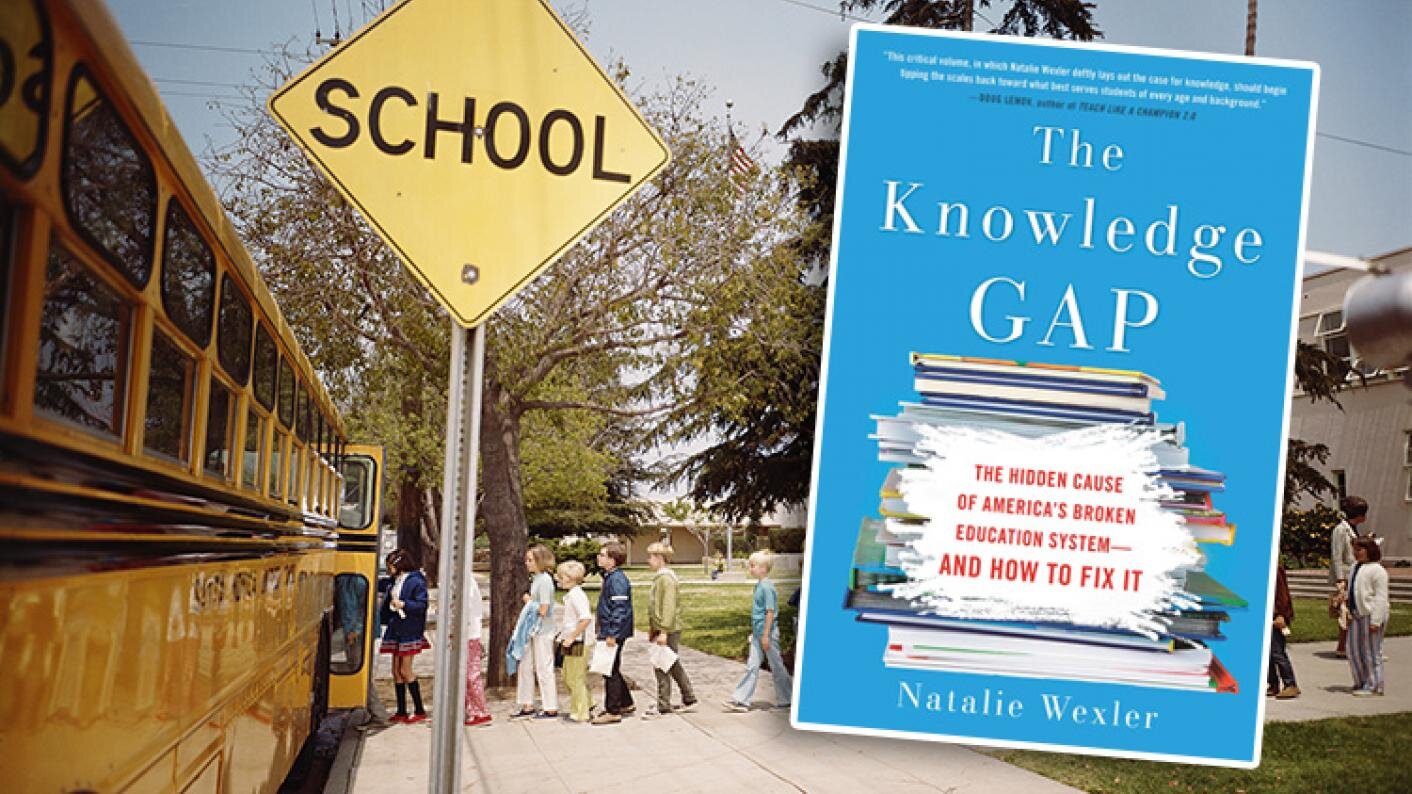
Closing the Knowledge Gap
Why Barbourville needs a content-focused curriculum, starting in elementary school
When I was teaching at the University of Louisville, half my college students did not know when the Civil War happened
And I made a promise to find out why. So I started looking at school performance
Why do high school test scores fall off a cliff in Barbourville?
It doesn’t matter the year.
Math or reading. Barbourville and statewide. There’s a consistent trend.

Test scores start off “decent” in elementary school, get higher in middle school, then crash in high school!
Meanwhile, 1/4th to 1/3rd of our kids (in Barbourville and statewide) CONSISTENTLY read below grade level.
Which means, they’re not learning how to read!
Why?
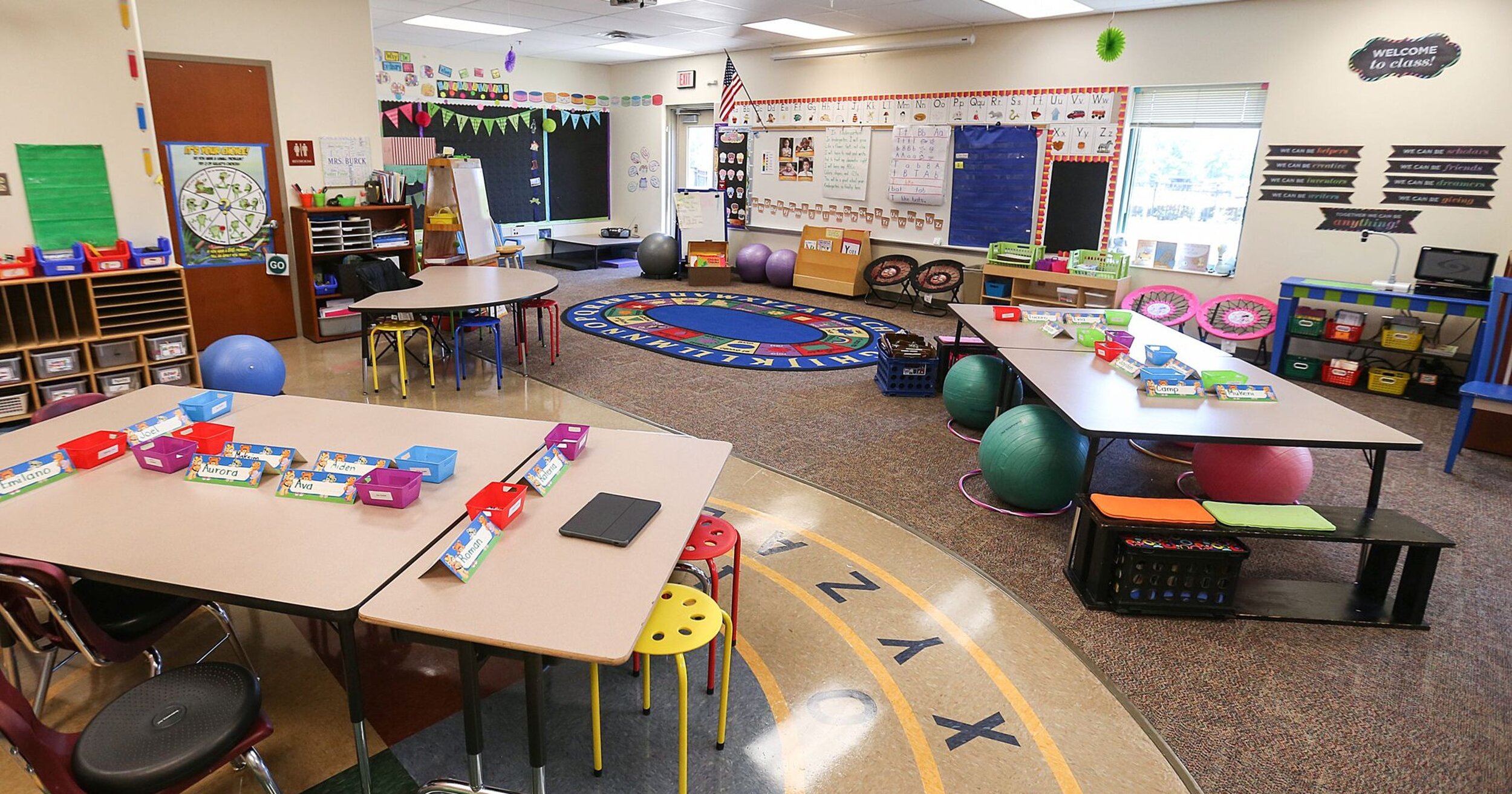
Counterintuitively, the problem begins in early elementary school.
In the US, early elementary school (K-3) does not actually focus on teaching knowledge
Unlike every other industrialized country on the planet, American elementary schools don’t really teach science, history, social studies, or any other subjects besides reading and math, until around 4th grade.
When it comes to teaching reading in Grades K-3, American elementary teachers (and reading textbooks) typically emphasize “comprehension skills,” like learning how to summarize, or what a caption is.
The problem: By ignoring knowledge, this “skills” focused approach actually makes it harder for kids to learn how to read. It also creates a knowledge gap.
Ignoring knowledge makes learning to read harder
We know how kids learn how to read. Based on decades of cognitive science research, learning to read is about 20% phonics and 80% background knowledge. K-3 education in Barbourville (and most of the country) today is ignoring this research, which means a large chunk of our kids don’t learn how to read when they should.
Ignoring knowledge creates a knowledge gap
If Barbourville kids aren’t learning knowledge in school, they have to learn it from somewhere else. This hurts all kids without rich or well-educated parents, who are less likely to pick missing knowledge from home. Since knowing more helps you learn more, the kids with less knowledge end up falling behind as they reach high school and university, where knowledge becomes more important. Many will ultimately drop out of college.
“Of the seniors from Barbourville’s Class of 2010 who went to public colleges, 41% finished their freshman year with less than a 2.0 grade point average”
Learn more about the Knowledge Gap here

But here’s the Good News!
Phoenix will push for Barbourville schools to adopt a knowledge-based curriculum in early elementary school.
A content-focused curriculum will meet or exceed existing Kentucky state standards.
Over time, a knowledge-based curriculum in early elementary school will pay off.
More students will learn how to read properly. Fewer students will see their test scores decline in high school.
More benefits of a content-focused curriculum
Makes ordinary teachers extraordinary!
Barbourville’s teachers, as well as teachers all across America, have some of the hardest jobs out there. Many new teachers feel lost if they have to figure out - often on their own - both what to teach and how to teach it at the same time. A content-focused curriculum can empower teachers, by giving them a chance to teach the content as creatively as their imaginations can take them.
Helps all students, regardless of skill level
Want to both teach the bright students AND help the students falling behind? Focusing on content gives the brightest students the chance to study to their heart’s content, while while helping slower students get caught up. Especially if a content-focused curriculum is paired with good writing instruction.
Will help Barbourville schools address Covid-19
A focus on content provides greater clarity about what we want/need students to know. This can help teachers and parents focus their children’s learning, even if learning remotely.
